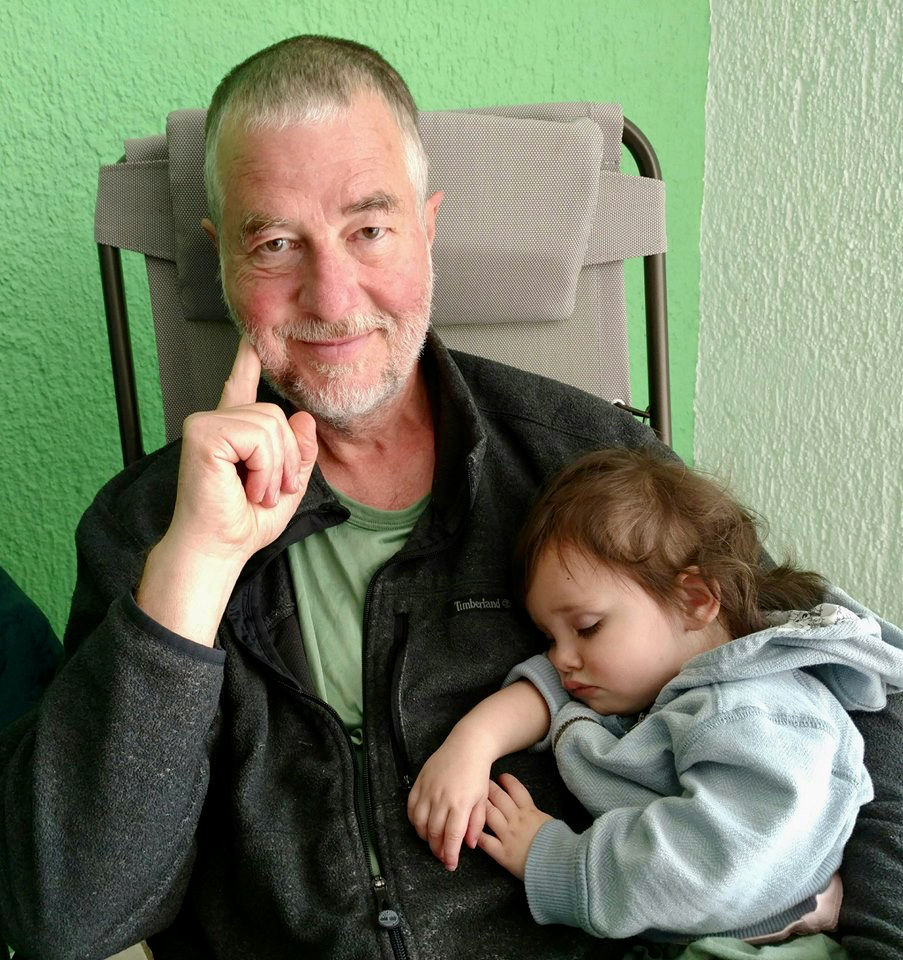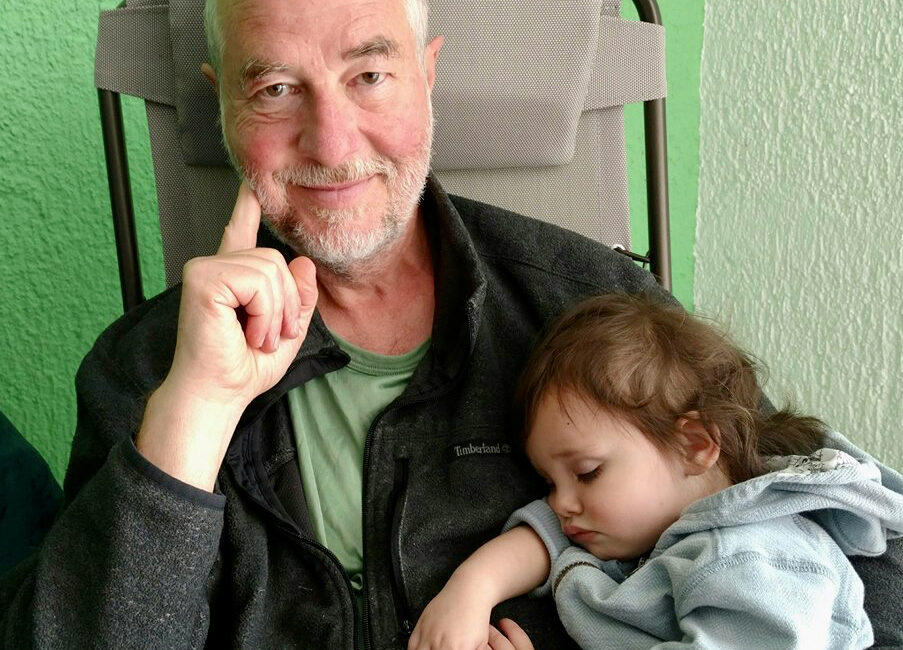By Kim McDarison
A group of citizens — including a resident of Helenville and a resident of Lake Mills — calling themselves “Concerned Voters of Wisconsin,” have submitted an amicus brief, also known as a “friends of the court” document, asking the Wisconsin Supreme Court to reject the Wisconsin Legislature’s proposed Assembly map.
Helenville resident Dan Russler, a member of two ad hoc analytical groups: Fair Maps of Jefferson County and the Wisconsin Map Assessment Project (WIMAP), and one of 36 Concerned Voters of Wisconsin who have signed the brief, said the 19-page document was delivered to the court on January 4.
A hearing by the Supreme Court on the proposed Assembly map is scheduled for Wednesday, Russler said.
Discussing the issue by phone on Saturday, Russler said he believed there was still time to steer Wisconsin towards a more equitable Assembly map than what’s been proposed by the state Legislature.
“The court made a request for briefs on November 30, and January 4 was the first day we could submit a brief. What can that realistically do? Number one, it has to be read by a law clerk, and it may be considered by justices. They’re still considering all of these briefs and hearings are coming up on the 19th of January. Petitioners who actually requested that the Supreme Court take this case can speak on the 19th. The hope is the justices will have read our friendly advice and ask some questions of the petitioners that we have stimulated,” Russler said.
What’s in the brief?
According to the brief, “Concerned Voters of Wisconsin are 36 voters hailing from every Senate District in Wisconsin. They come as friends of this Court, offering an evaluation of the Legislature’s proposed maps by the Wisconsin Map Assessment Project (WIMAP), which also assessed the methodologies proffered in expert reports submitted by parties in this case.”
The brief was prepared by attorneys Joseph Goode, Mark Leitner and John Halpin of the Milwaukee-based law firm of Laffey, Leitner and Goode, LLC.
The brief continues: “Concerned Voters (of Wisconsin) used the Court’s ‘least change’ approach; partisan makeup of districts was not considered. Although WIMAP analyzed each map presented to this Court, space limitations require amici to focus this brief on the Legislature’s Assembly proposal, 2021 Senate Bill 621 (SB621).”
The document notes that in October of last year, a hearing on the aforementioned bill brought “fierce opposition from the public,” before the Legislature, with “hundreds attending the nine-hour hearing.”
From the brief: “Not one Wisconsin voter or redistricting expert testified in favor of SB621. Only two people did: the leaders of the Assembly and Senate, who happen to benefit the most.
“Given the virtually unanimous negative opinion expressed at the hearing, statewide polling data, county actions showing overwhelming support for nonpartisan maps, and Wisconsin’s highly divided government, one would expect the Legislature to negotiate with Governor Evers to draw fair and balanced maps. It did not do so. And although the Legislature asserts that it ‘solicited and incorporated public input’ … maps were passed without any modifications. Not surprisingly, the Governor vetoed them, saying they were ‘sent to (his) desk over the objections of a decade’s worth of people in this state demanding better, demanding more, and demanding a fair, nonpartisan process for preparing our maps for the next 10 years.”
The document presents the following assertions:
- SB621 fails as a ‘least change’ map.
- The court should not protect incumbents in the redistricting process.
- The court should reject the use of scorecard metrics to identify the ‘best map.’
Within the document, Russler is named as a WIMAP member who provided examples of maps using “core population continuity,” which, he said Saturday, were offered to show maps that needed improvement.
A better system would use “traditional redistricting criteria like compactness, preservation of political boundaries, and communities of interest,” the brief stated.
“Core population continuity methodology does not follow constitutional standards,” Russler said Saturday.
“The Supreme Count made a request for ‘least change’ maps looking at maps that were made in 2011. In the amicus brief, we are asking the court to follow the state constitution and not out-of-state experts.
“We are advocating for a continuity-based methodology we call regional geographic continuity. The Legislature, with its experts, is advocating for a population continuity methodology.”
The difference, he said, is that the former focuses on a geographic component while the latter places the focus on keeping as many people in the same district as possible.
“Keeping as many people in the same district tends to protect incumbents,” Russler said.
The brief shared the following link, which, Russler said Saturday, outlines his findings: https://www.healthinbulk.com/geographic-continuity.
In conclusion, the document notes: “In its November 30, 2021 order, the court cautioned the parties to use a least change approach, ignore partisan makeup of districts, and heed the law to resolve the dispute between two branches of government. Petitioners and the Legislature have failed in that task.
“When it suits their purpose, they violate the court’s ‘least change’ approach, take the court into the political arena, and encourage it to use a ‘scorecard’ in a manner that obfuscates the most important necessary decisions. The court’s order equates ‘least change’ with the ‘minimum’ change necessary …”
Within the document, Concerned Voters of Wisconsin ask the court to reject SB621 along with the application of a scorecard approach, opting instead to “invite the federal court to take jurisdiction over this dispute for appropriate fact-finding and decision-making. If the court retains jurisdiction, it should clearly articulate how it prioritizes the redistricting criteria in reaching its decision.”
The full amicus brief is here: http://fortatkinsononline.com/wp-content/uploads/2022/01/Non-Party-Brief-of-Concerned-Voters-of-Wisconsin-SCOW-FINAL-1-4-22.pdf.
The next decade
In a prepared statement shared with Fort Atkinson Online, Russler said: “Redistricting in 2022 can change our lives over the next decade.
“We are extremely disappointed that SCOW (the Supreme Court of Wisconsin) offered the opinion that Petitioners to the Court should start district mapping with the voting maps created in 2011; other courts have determined these 2011 maps to be highly gerrymandered. However, WIMAP is offering demonstration maps that conform with our (Wisconsin) Constitution much better than the Legislature’s proposed SB621 maps. Redistricting is the people’s business, and we deserve to be heard.”
Using sophisticated, publicly available software used by many experts, WIMAP members drew and submitted their own maps earlier in the redistricting process, and evaluated those submitted by the Peoples Map Commission, the Wisconsin Legislature, and the general public, Russler explained.
Russler, a retired software executive, has created a video describing a “regional geographic continuity.”
Additionally, Russler said Saturday, the video compares the results of the regional geographic continuity method to results from a government produced voting district map. The video is included within the link shared in the amicus brief (see link above).
Russler became involved with the issue of voting maps about two years ago. He began volunteering with Jefferson County Fair Maps, a local chapter of a state-organized group. He joined the local chapter as a founding member, he said.
He learned about the statewide group after reading about it online.
Russler said his interest piqued after, upon his retirement, he moved back to Wisconsin, and discovered that the Assembly district which includes where he lives in Jefferson County was, by his account, oddly shaped, and that his representative lived outside of the county.
His software background made him a good candidate to become involved with mapping assessment projects, Russler said, and he decided to join forces with Don Leake, a professor emeritus of the University of Wisconsin-River Falls and founder of the Wisconsin Maps Assessment Project.
That was last summer, Russler said.
As a volunteer with the mapping organizations, Russler said, one of his jobs was to train people in learning how to describe their own communities. He would attend meetings both virtually and in person, teaching other volunteers how to use mapping software to identify what he called “communities of interest,” describing them as groups of people within geographic areas that had common bonds, perhaps, he said, through such institutions as churches and school districts or through ethnicity. Volunteers learned how to identify areas where people were bonded together socially in geographic areas.
According to Russler, a goal was to not split communities of interest, but to keep them together within a district.
“That is part of ‘traditional redistricting principles,’” Russler said. He pointed to broader groups dedicated to providing national redistricting information as sources of such information. Among them, he said, is the Wisconsin Legislative Reference Bureau’s guidelines. A website for the Wisconsin Legislative Reference Bureau is here: https://legis.wisconsin.gov/lrb.
Retired Waunakee Community School District art teacher and resident of Lake Mills Leslie DeMuth is also among those who signed the amicus brief. In a prepared statement shared with Fort Atkinson Online, she wrote: “I joined the brief because if we don’t speak up now, another round of rigged maps will continue, and my vote will never matter. Gerrymandering is map manipulation to favor the party in power, and it allows the party in power to ignore the will of the people. If they were listening, we’d have fair maps by now, because a great majority of Wisconsin voters want them.”

Dan Russler
Contributed photo.
This post has already been read 3299 times!
